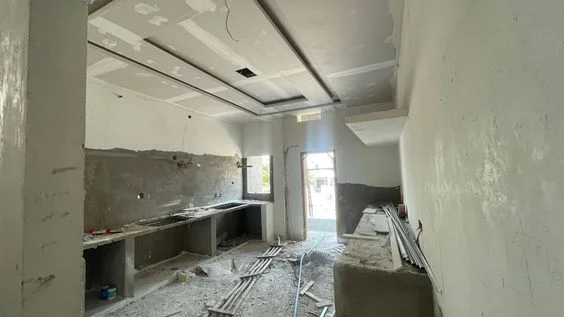Top Benefits of Hiring Professional Demolition Services

Demolition services are a critical part of construction, urban development, and renovation projects. However, they also come with significant risks. From structural collapses to hazardous materials, the potential for accidents and injuries is high if proper safety protocols aren’t followed. This makes safety measures a central focus for any Demolition Services (清拆服務) ensuring not only efficient execution but also the well-being of workers and the surrounding community.
The Risks Associated with Demolition Work
Demolition projects involve challenging conditions, ranging from working at heights to handling old, unstable structures. According to industry statistics, construction and demolition account for nearly 20% of workplace fatalities worldwide. Falling debris, malfunctioning equipment, and improper waste management are among the leading causes of accidents.
Additionally, demolition sites often include hazardous materials like asbestos, lead, or mold. Exposure to these materials can result in long-term health problems, emphasizing the need for stringent safety protocols and protective gear.
Key Safety Measures in Demolition
Implementing safety measures in demolition services is non-negotiable. Some critical protocols include:
1. Pre-Demolition Assessments
Before demolition begins, a comprehensive risk assessment should be conducted. Specialists evaluate the building’s structure, identify hazardous materials, and determine the safest method for the project. Proper planning reduces unpredictable risks that can arise mid-project.
2. Safety Training
Workers must receive proper training tailored to the unique challenges of demolition work. Studies have shown that 25% of workplace accidents in construction and demolition occur due to inadequate training.
3. Use of Standard Equipment and Protective Gear
From hard hats and steel-toed boots to harnesses for working at heights, personal protective equipment (PPE) is a must. Additionally, ensuring that demolition machinery is well-maintained reduces the risk of mechanical failures.
4. Controlled Demolition Techniques
Utilizing methods such as controlled implosions or manual deconstruction helps prevent unplanned structural collapses. These techniques ensure debris falls in a predictable way, minimizing risks.
5. Environmental Safety Measures
Demolition projects can impact the surrounding environment. Dust suppression, noise control, and proper hazardous waste disposal are critical to minimizing harm to nearby communities.
The Long-Term Impact of Focusing on Safety
Investing in safety measures has a ripple effect across the demolition industry. Reports indicate that companies prioritizing safety experience a 19% reduction in downtime and significantly fewer legal and compensation claims. More importantly, these measures save lives and ensure the sustainability of ongoing development projects.
Understanding the significance of these safety protocols helps drive home the point that no demolition project should compromise on safety. By following comprehensive strategies and leveraging proper training and techniques, demolition sites can operate efficiently and responsibly, fostering trust within the industry and communities alike.





